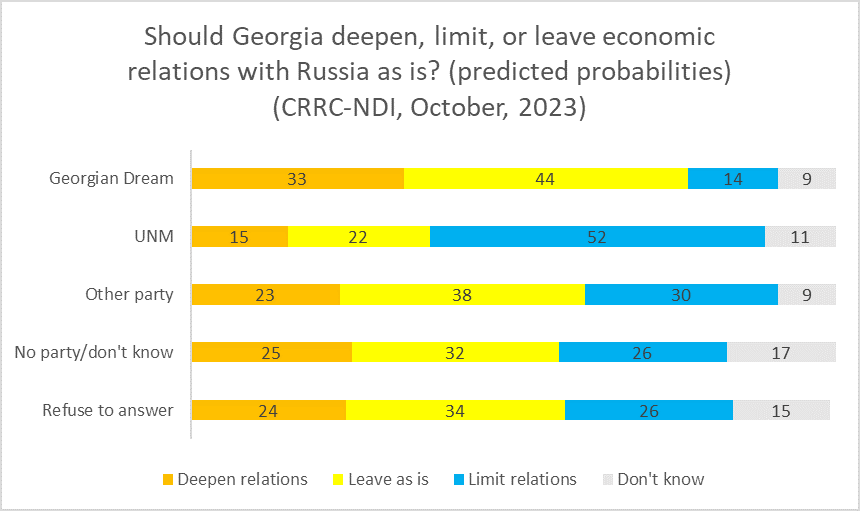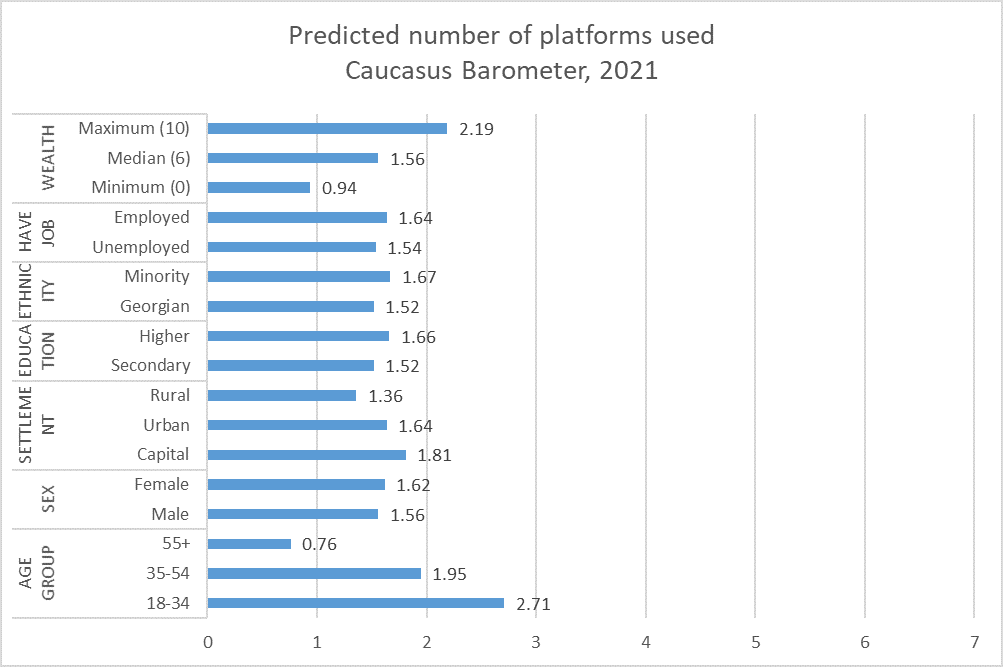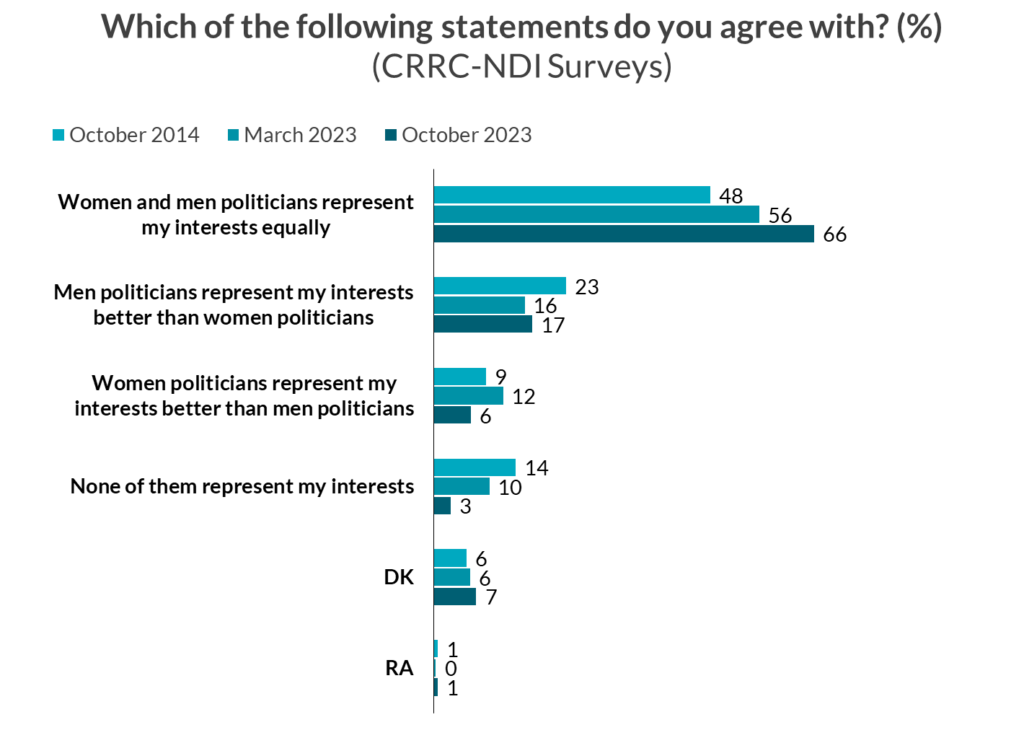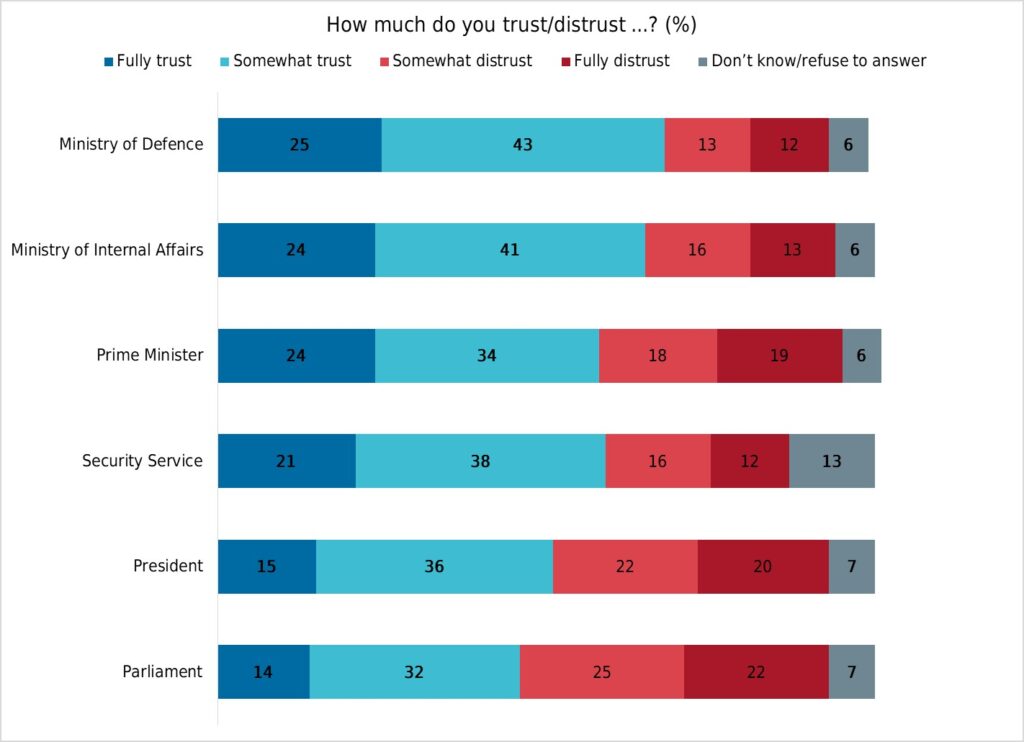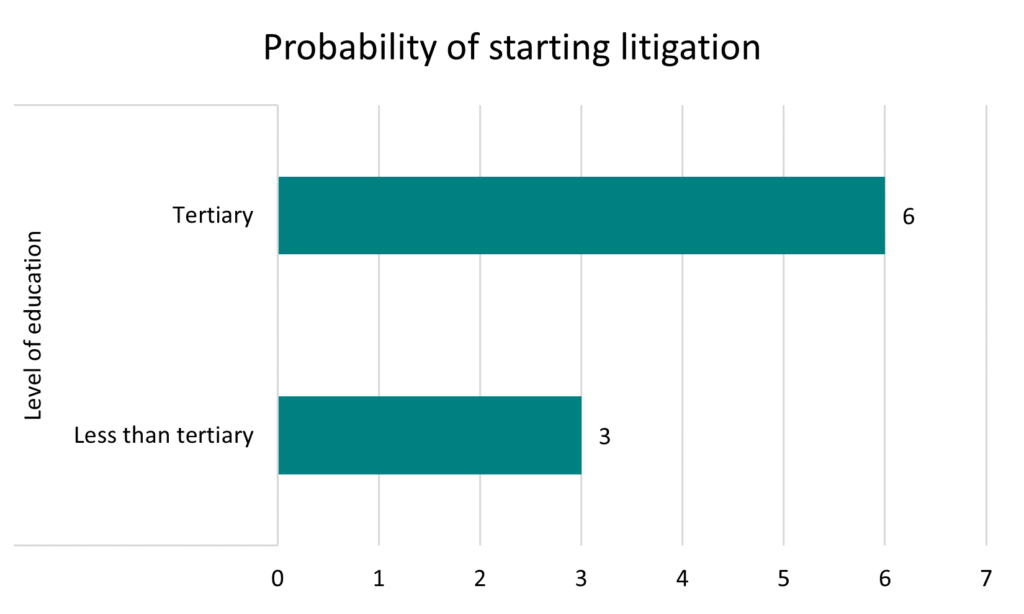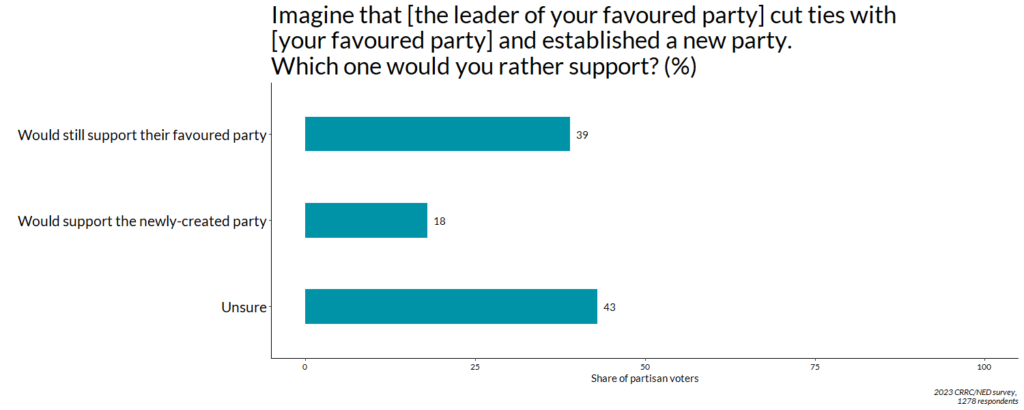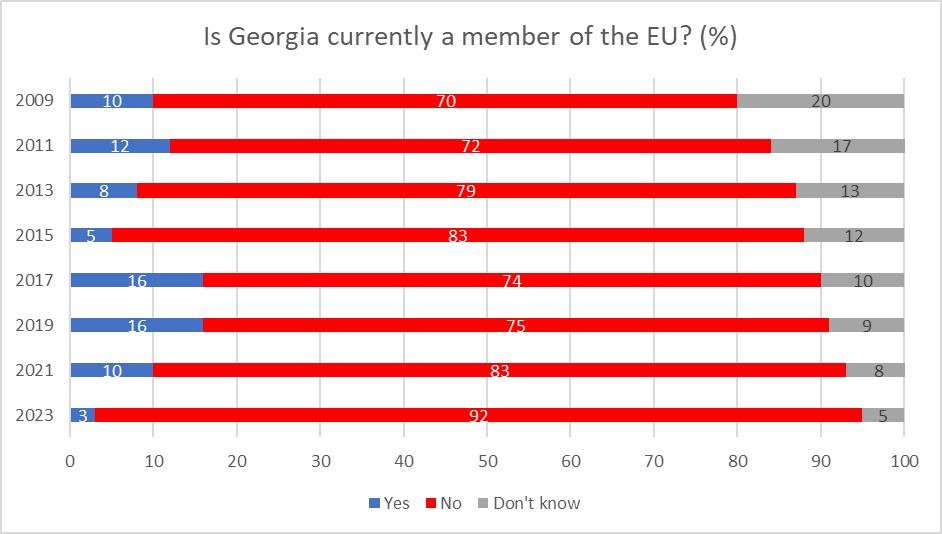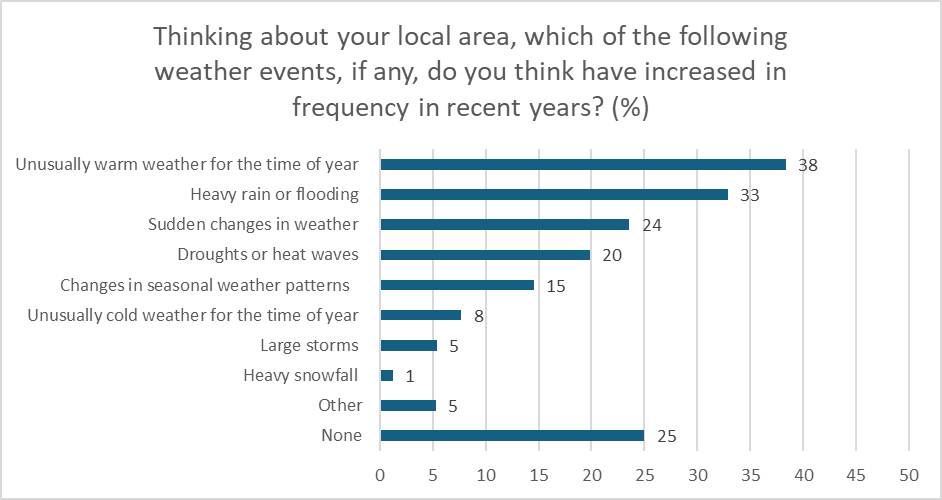
The effects of climate change are increasingly being felt acutely in Georgia. A CRRC poll investigated Georgian people’s perception of climate change, and found that 90% of respondents considered it to be an important issue, and 75% had experienced changes…

